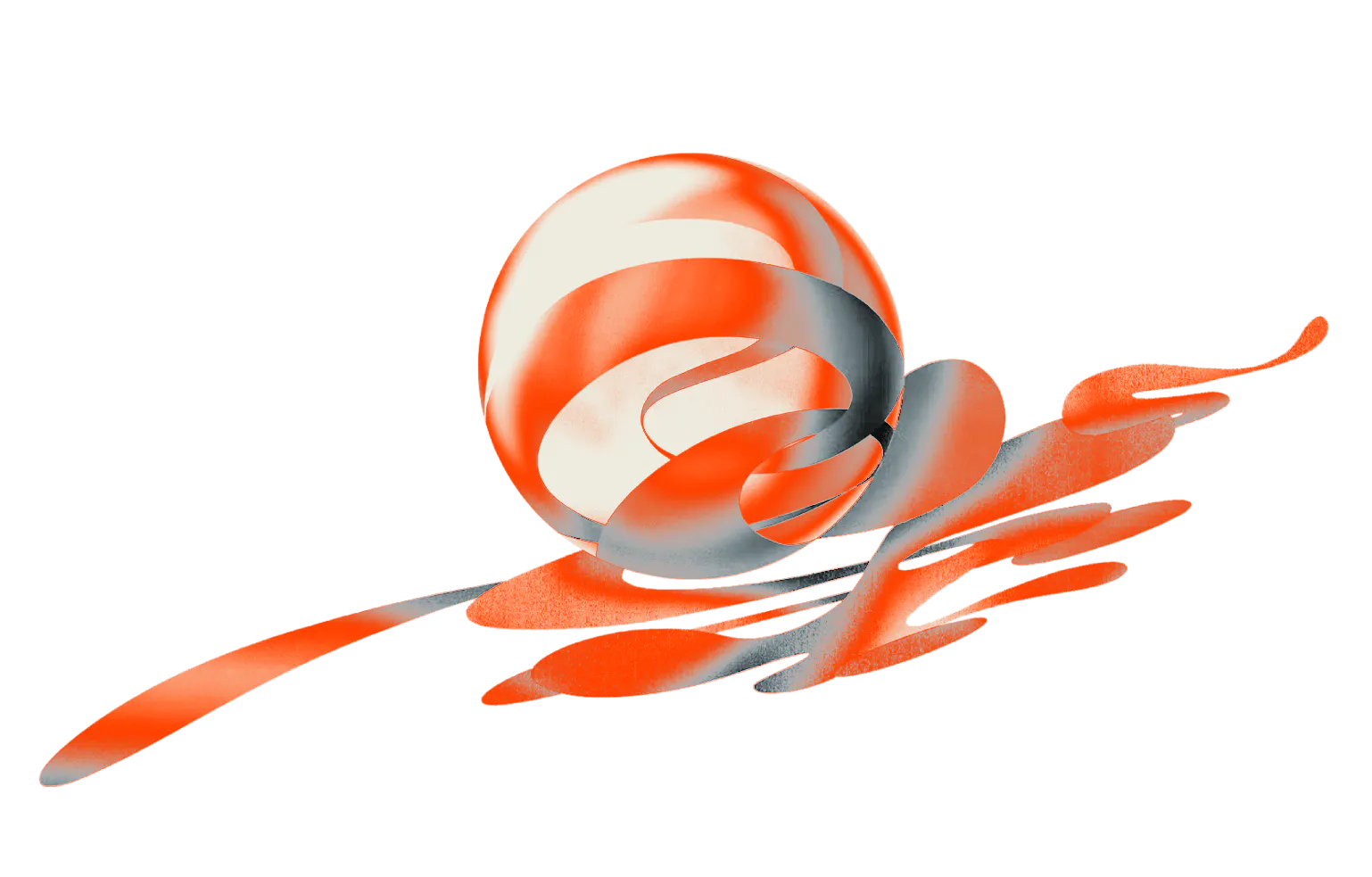
Digital Health Magic
Digital Health Magic
Senior Client Manager and Strategist
If you’ve had a chance to read our article about Finding Magic in the New Normal, then you already know how important we think mental and physical health are when it comes to surviving in our new normal.
If you haven’t had the chance, that’s fine. Suffice it to say we find them critical, and we spent some time discussing this through the growing success of Peloton fitness machines, and the increasing awareness and demand for mental health tools like Headspace. Now, we want to dive a little deeper into these solutions in more detail, and take some time to explore what makes them ‘magic,’ where their similarities and differences lie, and what it means for us, our clients, and our readers moving into 2021.

Eat > Peloton > WFH > Sleep. Repeat.
It was in the 2010s that fitness really found its stride as a status symbol. Still reeling from the impacts of the GFC, society suddenly spurned obvious displays of wealth and success as we suffered the consequences of sub-prime lending. As a result, status and wealth had to find newer, more subtle outlets that made people look and feel affluent, without using a new car, designer clothes, or branded watch to do it.
Enter health and wellness.
From Zumba to Les Mills Grit to Cross Fit to F45, the 2010s had it all: High-Intensity Interval Training (HIIT) classes that demanded sharing through social media, on-trend activewear, and sports shoes for all occasions. Called cults by some, and lifelines by others, the increasingly popular HIIT classes were here to stay. Or so it seemed until Big Rona stepped all over their success.
Suddenly, almost like magic, our social feeds were free of post-workout photos and hashtags. Gone were the green juices and matcha latte’s, the #F45 hashtags and the subtly placed BMW keys. In their place were the living-room yoga sessions interrupted by cats and dogs, or toddlers deciding that mum’s exercise time is the perfect moment to learn to walk or throw.
It looked like it could be the end of HIIT as we knew it, and while many adapted and moved online, the atmosphere was a big contributor to the success of HIIT classes, and unfortunately isn’t something that can be easily replaced by a video call. In short, the HIIT void was opening.
Enter Peloton.
Founded in 2012, Peloton plays in the ‘connected fitness’ space with their touch-screen-enabled home exercise bikes and treadmills. Much like any other exercise class, users pay a regular subscription to Peloton and then join classes from the comfort of their own homes, making it easy for users to fit classes around their schedules. Before the pandemic, they were already showing steady growth, having surpassed 85m cumulative workouts in June 2019. However, once the Pandemic struck, demand for their digitally-enabled exercise gear went through the roof. In fact, due to the lockdowns Peloton received such a flood of orders that they halted all marketing activities. And still, the orders came. As William Lynch - former Chief Executive for Barnes & Noble, and current Peloton President - said: “[COVID-19] changed everything for Peloton.” Under COVID, they saw what was “already a rapidly growing business just explode.”
To translate this into financial speak, in 2020 Peloton reported revenues of $1.8 billion.
While their undeniable product quality and sleek design have helped to push their growth and drive them forwards, the true success is the way they have married the digital and physical spaces. Any exercycle or treadmill will keep you fit, and for some, that is enough. But for others, they’re boring and repetitive. Peloton’s digital aspect overrides this and provides a fresh, engaging, empowering, and challenging experience that pushes and stimulates users every time. The result is a highly engaged user base that is constantly coming back for more.
While this is great for Peloton - as you can see from their ever-growing stock price (USD$105.13 at the time of writing) - it is also great for the users. It is a universally recognised truth that lockdown is boring, dull, repetitive, and frighteningly close to life in a fish bowl. This is the true beauty of the Peloton machines: they provide an escape and empower users to burn energy in a HIIT environment from the safety of their homes. As a result, lockdown, COVID, and the goldfish lives we all find ourselves living become that little bit easier to manage.

Have you tried Meditating on it?
It’s obvious that caring for our bodies is important, but it is arguably more important to care for our minds. Lockdowns are hard, curfews are frustrating, and the repetitive nature of life under COVID is downright maddening, even for the most introverted of us. With the restrictions come a sudden shrinking of our lives, and we find ourselves limited to a finite amount of space which we either share inescapably with family or roommates, or we’re alone, which is equally difficult and challenging in its own ways.
So as we work through these challenges, it is critically important that we put time aside for our mental health. For some of us, this could be a run or walk in the park or locking 30 minutes away every day to sit with a book and relax. For others, it might be painting models or building LEGO castles with our kids, or indeed, spinning on a Peloton, if you managed to get your hands on one. For others, however, it is through meditation.
As mentioned in our earlier article, Headspace revealed to CNBC last World Mental Health Day (10.10.20) that they’ve seen a 500% increase in companies seeking mental health benefits for their staff. Think about that for a moment: a 500% increase in companies seeking mental health benefits. Not individuals, but the people who hire them. Perhaps it’s not so surprising given that Burn-outs were officially recognised by the WHO in 2019, but then again that was also before COVID-19 had even begun to appear on our radars. Oh, happy days.
The underlying lesson here is that there is now a clear recognition by businesses of the increasing stresses that employees face. This is not just from their jobs, but also in the environments in which they now have to do them. Almost without warning our ergonomically designed office chairs and desks have been replaced by couches, kitchen tables, and benches. For those with kids, lunch breaks have become home-school check-in sessions to make sure the children don’t fall behind. For people with children too young for school or daycare, the working day has become even more complicated as they balance the roles of parent and professional more closely.
When you look at the world through this lens - as we’re sure you already do - it’s unsurprising that mental health is something that companies are exploring. It’s possibly even less unsurprising that Headspace has seen the number of users beginning their “ stressed meditation ” course grow by a factor of six! Life has become stressful! And as the stresses compound, so too do the implications for our mental health and our daily state of mind.
This is why tools like Headspace are important. They perfectly marry mental realignment with digital facilitation and help their users to manage mental health in their own time in a quick, digestible manner. The digital aspect ensures that as many people as possible can access the tool, while the simple animations and soothing voices help us focus our thoughts and decompress, without any unnecessary distractions.
Perhaps the nicest thing about them, at least those from Headspace, is that they’re relatable. They’re built around daily life and situations you do and will find yourself in and their digital medium empowers this. Reset: Decompress Your Body and Mind, is a free Headspace session available on YouTube that was uploaded specifically to help people deal with our new normal. It doesn’t mention anything about imagining tropical islands or flowing rivers. Instead, it focuses on finding a moment of peace wherever you can. Sitting at your desk, waiting in a parked car, or commuting on a train; it doesn’t matter. The session is situational and relatable and designed to fit into the busy and bizarre lives we already lead.
So why is this important?
Both Peloton and Headspace were successful before COVID. But they also both owe their recent success and growth, at least in part, to the pandemic. But even more so, they owe it to the digital platforms that they both use that enable them to overcome the pandemic and continue providing value to their users.
Digital isn’t something that brands can afford to ignore anymore. We knew this before the pandemic, but it should be blindingly obvious now. And yes, digital can help grow your business, improve your bottom line, and increase your user base. But that’s not the learning we want you to take away from this piece. It’s too obvious.
No, we want you to instead focus on the underlying power of digital that both Peloton and Headspace utilise so successfully, and through it, how they connect with their users on a deeper, more personal level.
Peloton provides a physical health escape that mimics the excitement and rush of HIIT classes, without the risk of catching or transmitting COVID. Headspace understands that life’s a little tougher than usual at the moment, and empowers its users to find time for themselves to reset and recalibrate. They empathise.
So, in light of this, what can your business do to empower or empathise with your customers or teams in this trying time? How can you create a more powerful environment to facilitate good mental health, or stimulate physical care in the normal of today? And, most importantly, where does digital fit into this plan, and what can you do to make the experience exceptional?

